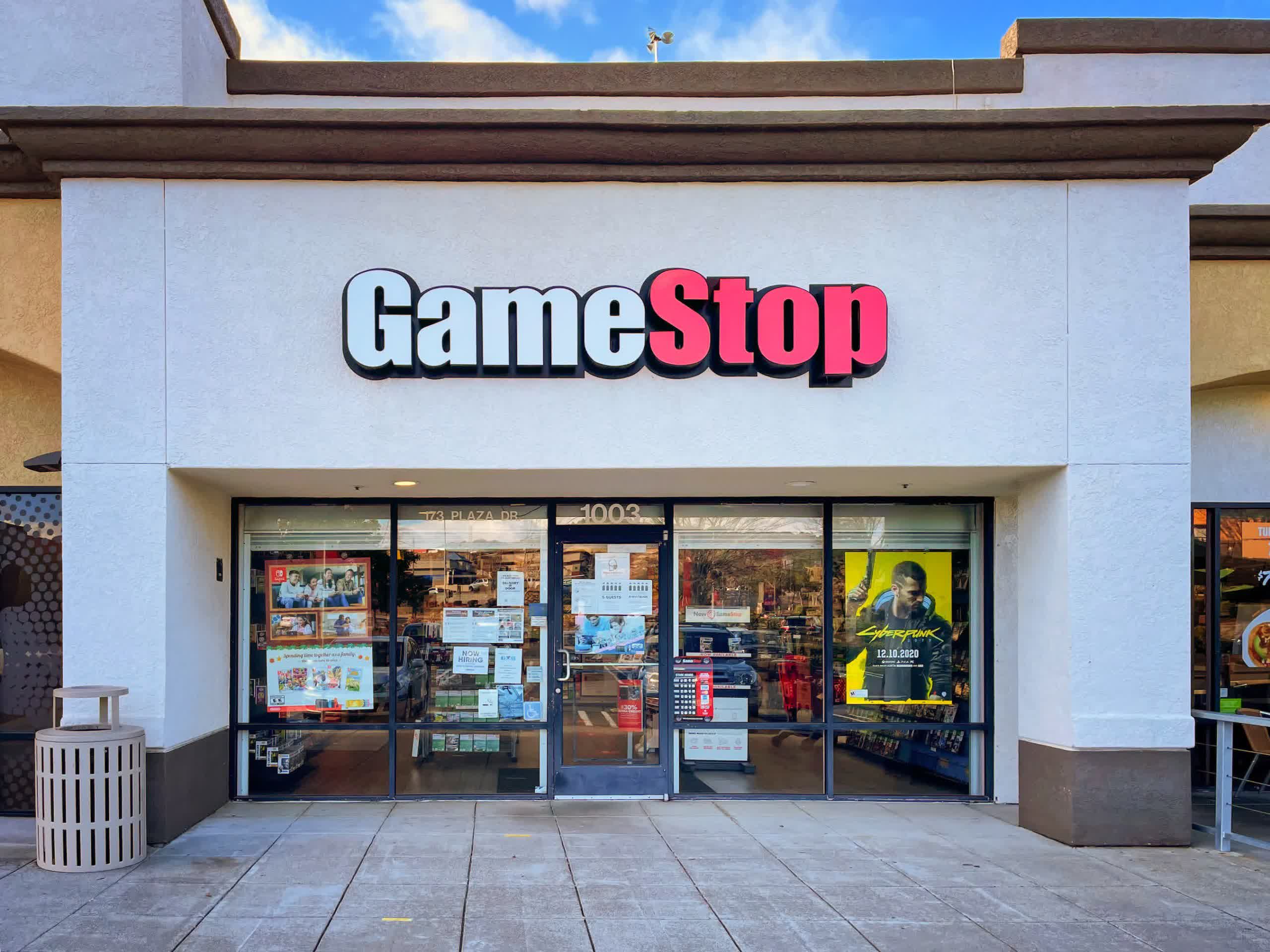Editor's take: If it wasn't stupid enough that GameStop dove headfirst into the NFT and crypto market right before the bubble burst, hang on for a second --- the company wants you to hold its beer. It is now being sued for recording customer service chats without consent and selling transcripts to a marketing firm.
GameStop is getting sued over privacy violations in California. According to a lawsuit filed Tuesday with the US Central District Court of California, the company has been "wiretapping" online customer service chats and selling the transcripts to a third-party marketing firm. This practice is not uncommon, but most companies make it clear that they are recording calls or chats, something GameStop failed to do.
The filing, obtained by Bloomberg, lists Miguel A. Licea as the plaintiff. According to Mr. Licea's lawyers, GameStop's customer service chat feature does not inform or gain consent to use customer conversations for marketing or any other reason.
"[Customer Support] covertly wiretaps the communications of all visitors who utilize [its] chat feature and shares the secret transcripts of those wiretaps with a third party that boasts of its ability to harvest personal data from the transcripts for marketing and other purposes," the suit reads, adding, "Defendant neither informs visitors nor obtains their prior, express consent to these intrusions."

Most people in the US are accustomed to companies regularly recording conversations "for quality assurance and training purposes." Some even offer customers to opt out of the recording. The rules and regulations can vary from state to state regarding what is allowed to be recorded and shared and how much say the consumer has in the process.
Califonia is one of the stricter states regarding privacy and recording without consent. Recently, California has enacted several privacy laws specifically targeting online communications. However, the suit claims GameStop violates Califonia's long-established Invasion of Privacy Act (IPA) of 1967.
Under IPA protections, recording someone without their consent and knowledge is illegal. This provision used to only apply to telephone communications or on-body recorders. However, the California legislature extended protection to "social media" in 2017 (CA Penal Code: Part 1, Title 15, Chapter 1.5 Section 632.01). Under the law, social media covers almost all online communications, "including, but not limited to, videos or still photographs, blogs, video blogs, podcasts, instant and text messages, email, online services or accounts, or Internet Web site profiles."
"Defendant's conduct is both illegal and offensive."
Licea's legal team paints an even uglier picture by pointing out that GameStop sells these "secret" transcripts to a company called Zendesk. Zendesk prides itself on "its ability to harvest highly personal data from chat transcripts for sales and marketing purposes."
The plaintiff's legal team calls GameStop's actions "illegal and offensive."
The complaint does not list specific damages, but the IPA allows for one year in jail and/or a $2,500 fine in criminal cases. However, civil courts can access $5,000 or three times the amount of actual damages per "wiretap," whichever is greater.
GameStop has not commented on the lawsuit.
